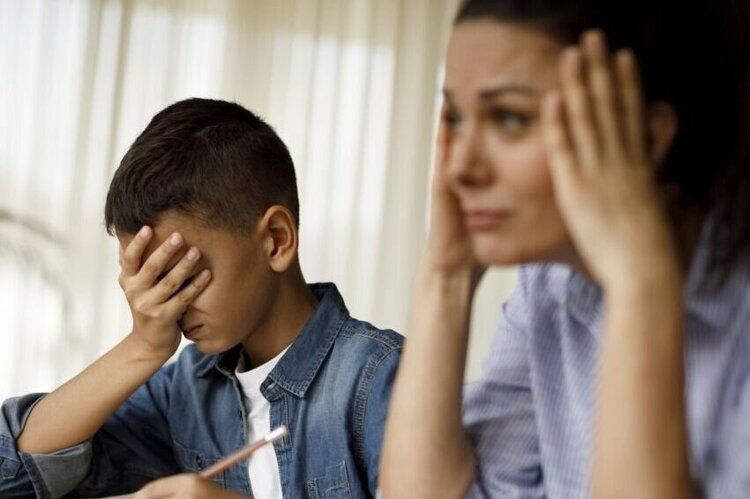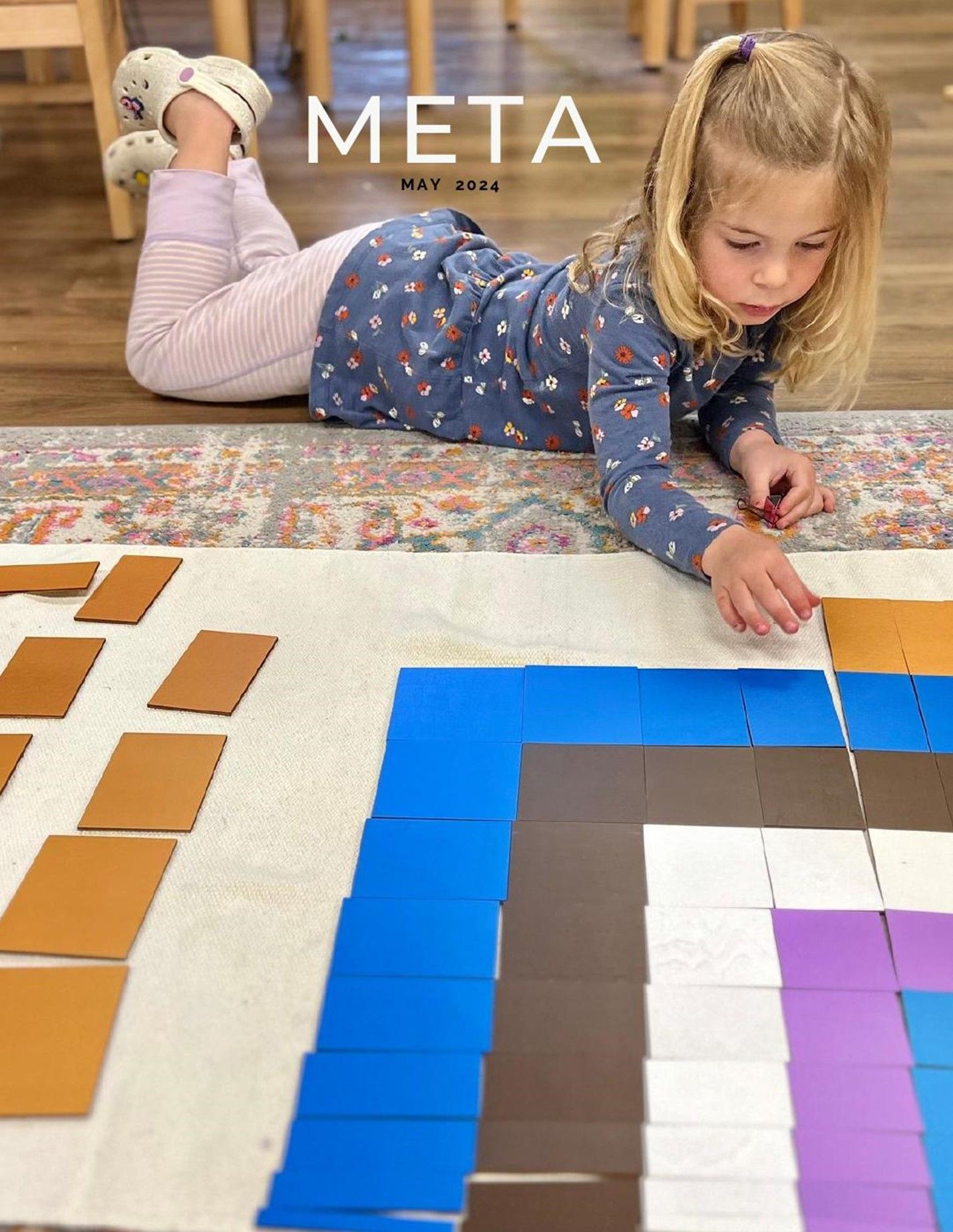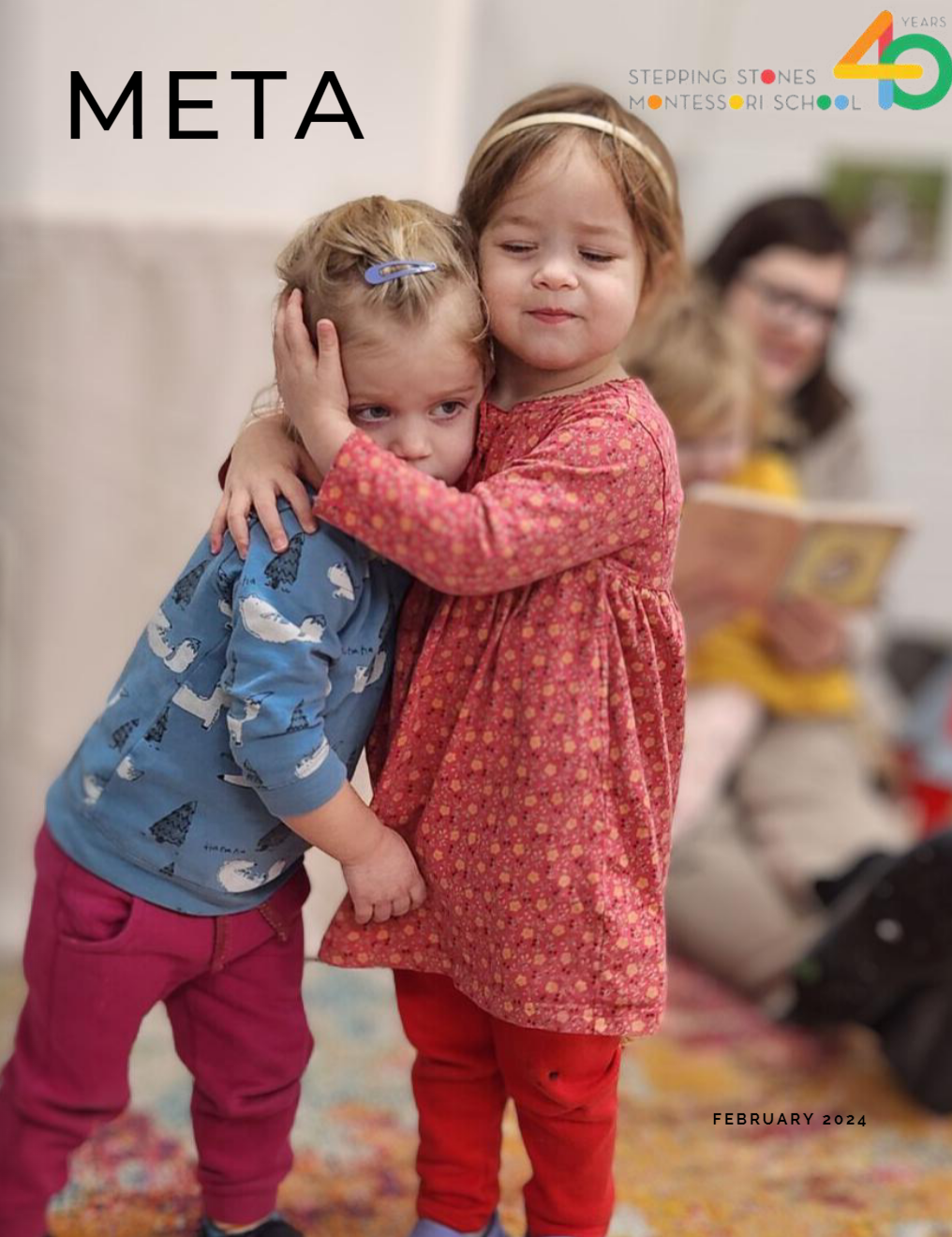Becoming a teacher in your own home
As we enter another week of social distancing we are all (still) feeling stressed and overwhelmed. Maybe our positive attitudes are wearing off and the energy we initially had is gone. For some, you were just beginning to find a rhythm to your days and then things changed. For others, maybe the routine you initially created has left you exhausted and depleted. Both of these can feel like a failure.
On top of that, the house is trashed. The dishes keep piling up. Your productivity is down (way down). Tending to your child’s and your own emotional needs, finding the resources you need to support their learning from home experience, and keeping up on your own work are all full-time jobs. Has anyone else lost track of how many times you’ve thrown your hands in the air and told your kids, “Just go watch TV!” All of this adds to your feelings of being overwhelmed and a failure.
Even worse, your children are watching how you navigate these difficult times more closely than you would probably like.
Why “failure” shouldn’t be a bad word
If you can take advantage of the opportunity that failure provides, you can model compassion and dignity. Failure is an essential part of any learning process. Failure means you tried, and now you try again. You keep trying until you get it right and find grace for yourself as you go.
All of this is why you’re doing a better job than you think. We, as humans, rarely do anything perfectly on the first try. Even in the classroom, adaptability is key and teachers learn by trial and error. There is no set way to help every child because every child is different. There is no way to prepare for every possible scenario. None of us have ever gone through what the world is experiencing right now and your lack of preparation is understandable.
This work takes courage. This work takes perseverance. If your child learns anything from this extended time of learning from home, let it be these four important skills that they can only learn from observing you.
1) Starting Something Before You Have All The Information
No one had the luxury of spending several weeks preparing for this extended period of learning from home. You didn’t have time to rearrange your schedules, gather materials, or even read up on what a homeschooling schedule looks like. Without preparation and information, it understandably leaves you unable to feel confident in yourself as your child’s teacher.
But that hasn’t stopped you. That is what your child will see.
Through this experience, children will learn that even adults can do hard things and try something new. Children will see how you practice and learn a new skill or read up on new information. They will learn the value of asking questions in order to keep moving forward. When you partner with your child to pursue something new (without all the information), you build a stronger relationship with your child. Your child will see how you continue on and fill in the gaps of information you still need to learn.
2) Messing Up
Trying something new and failing is a completely normal part of any learning process. Failure shows you tried. If we are honest with ourselves, we can look back on all our major successes in life and see how our first attempts were failures. When your children see you messing up, when they see you doing something imperfectly, they are learning that it’s okay to make a mistake. It’s okay to try different approaches until something works.
It can be intimidating to mess up in front of someone. And when you are at home together in close quarters, it’s hard to hide your mistakes. I am continually surprised by how much grace children offer when someone messes up. No one expects you to be perfect. No one expects you to re-create the classroom in your home. Making mistakes is okay. Imperfection is okay. Taking the fear out of failure can help make it more approachable. Accepting that you are doing your best and learning from your mistakes makes the process of becoming your child’s teacher less intimidating.

Trying to re-create a classroom can bring about a lot of undue stress.
3) Expressing Big Emotions
Finding healthy ways of managing stress and coping with this uncertain time is important for helping children feel safe. As much as you want the feelings of stress and frustration to just go away, the best way to move on is to allow the emotion to pass through. Modeling healthy stress management skills for your child can also be intimidating. Whether it's a failed trip to the park, a botched baking project, or even losing your cool, it’s okay to mess up. You don’t have to keep it together all the time. You don’t have to pretend everything is fine. But when you do make a mistake, we must repair it and try again.
Being honest with yourself and your child about how you feel will show your child how to find healthy ways of coping. You can’t get yourself out of a difficult emotion by demanding it to stop or pretending it doesn’t exist. When you get comfortable with difficult emotions, you can begin to go easy on yourself and empathize with your child. Children will see how you identify your stress by naming your emotions and shortcomings and then see how you turn it around.
4) Making The Most Of A Bad Situation
It’s easy to fall into the trap of negativity under the stress of becoming your child’s teacher during this extended time of learning from home. Once you are able to accept these mixed emotions without being self-critical, you will begin to find creative problem-solving solutions. Keeping the big picture in mind prevents hyper-focusing on the momentary problem and maintaining a healthy perspective. One, or two, or three, failed lessons, ruined projects, or moments of losing your cool do not mean very much in the grand scheme of things. It means you are human, and now you can try again.
Children will see first hand how you cope, how you struggle, and how you re-frame a tough situation. They will see how you creatively problem solve and make do with the resources and information you have. They will see how you shed a victim mindset and take on a new challenge. As adults, this is a life lesson we practice and again and again. It’s a constant state of finding equilibrium.
You can do this!
This is not the first stressful event we have been put through, nor will it be the last. This is a unique opportunity to take time to observe how you try, fail, try again and grow. Don’t hide this important process of learning, show your children how to be strong and courageous individuals.
How you choose to look at failure is the difference between those who give up and those who persevere. And when it comes to parenting, you don’t get to give up. You take a pause, reassess, and you keep going. You leave the dishes in the sink for the night and order take out. You ignore the mess and sit down on the couch to watch a movie with your kids. You breathe in and out and try again later. You persevere.
You have all the tools you need to make this work! Use your past experiences for inspiration. You have your child’s teachers and school resources to fill in the gaps where you need support. You have your intuition which will never steer you wrong. Following your gut in stressful parenting moments is the most powerful tool you can utilize.
This is courageous work, and we are all rooting for you. Have faith in yourself, you can do this.

Cooking is a great activity for practicing math, sequencing, reading, and cooperation!





